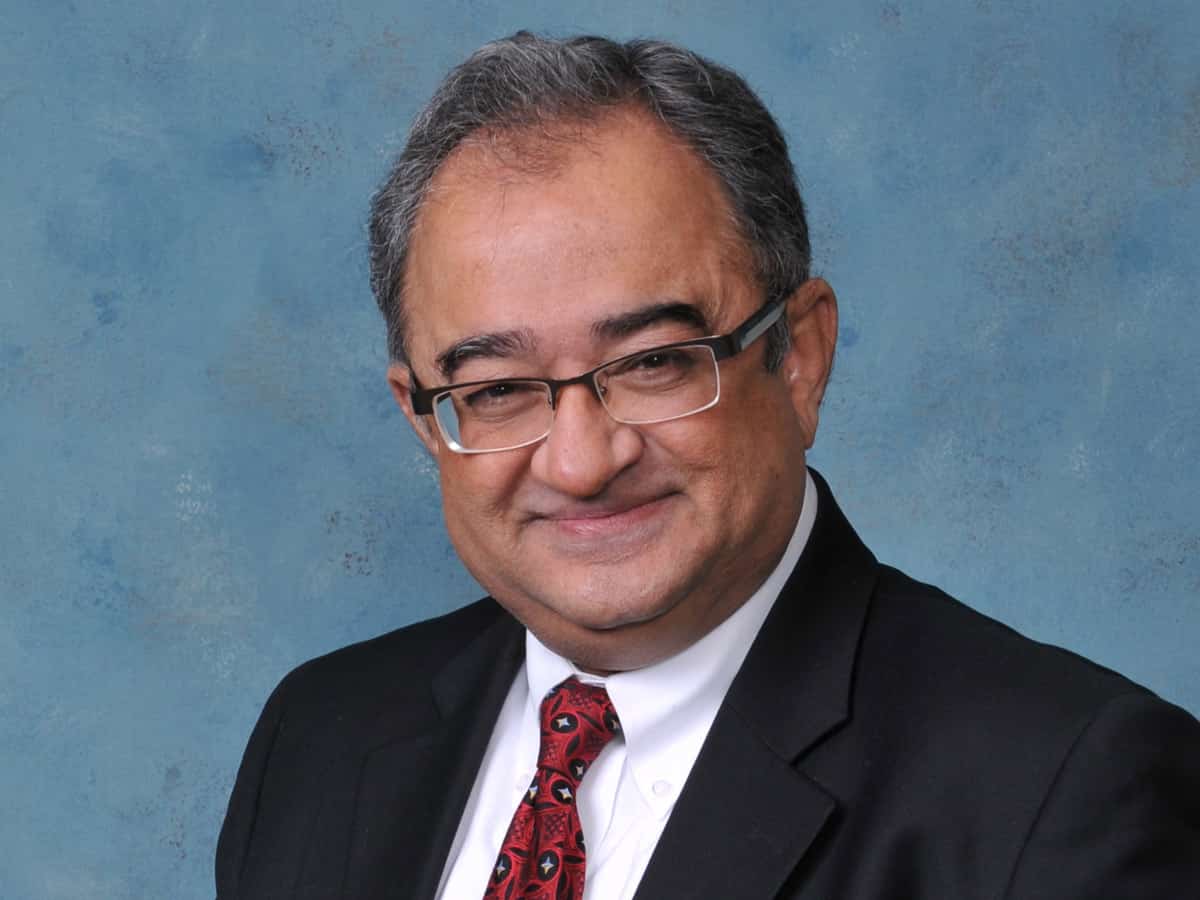
Well-known Pakistan-born hugely controversial columnist Tarek Fatah, 73, died on Monday following a prolonged battle with cancer, Natasha Fatah, his daughter said. She confirmed his death following many false alerts.
On April 21, several reports purported the death of Fatah, which, however, were later debunked as fake.
Many, including intellectuals and journalists, pointed out Fatah’s inclination towards right-wing ideologies and anti-Muslim views throughout his career.
Zakir Ali Tyagi, a journalist tweeted, “Tariq Fateh, who spread hatred against the religion of Islam, has died today, he was ill for a long time and breathed his last in Canada. History is the witness that those who spread hatred get their hatred and those who spread love by their righteous deeds. It is recognized, one day everyone knows from this world, decide what identity you want to leave this world, what impression you want to leave on people’s hearts!”
Professor Ashok Swain, an academic and well-known activist, tweeted, “Tarek Fatah led the first Hindu right-wing troll attack many years ago against me. Life is short, don’t spread hate. Rest him in peace!”
“This is what Islamophobic Tarek Fatah did all his life… He spread FAKE news against Muslims, demonized Muslims and enabled oppression of Muslims,” Md Asif Khan, a journalist who documents hate crime, tweeted.
Who was Tarek Fatah?
Tarek Fatah was born in Karachi on November 20, 1949. He worked as a television producer in Pakistan till the 1970s. He was barred from journalism by the Zia-ul-Haq regime. He immigrated to Saudi Arabia, and from there he moved again, this time he found asylum in Canada where he commenced his “activism”, a rasping commentator pointing negatively at Muslim affairs.
Eulogising her father as, “Lion of Punjab. Son of Hindustan (?). Lover of Canada. Speaker of truth. Fighter for justice. Voice of the downtrodden, underdogs, and the oppressed. @TarekFatah has passed the baton on… his revolution will continue with all who knew and loved him. Will you join us? 1949-2023,” Natasha Fatah said in an emotion-filled tweet.
Some people expressed sorrow over the death of Tarek Fateh.
“There was one and only @TarekFatah – daring, funny, knowledgeable, sharp thinker, great orator, and a fearless fighter. Tarek, my brother, it was a delight to have you as a close friend. Will you be able to rest in peace? Om Shanti,” Vivek Ranjan Agnihotri, the filmmaker of the Kashmir Files.
Fatah started working with India recently. It has only been in the last four years that he has become a well-known commentator in the Indian media. This is due to the country’s general shift to the right following the 2014 victory of the Bharatiya Janata Party in the general election and the increased significance of social media, where Fatah was a ‘star’, in public affairs. The two occasions made a prepared market for Fatah’s perspectives.
Darling of Right-Wing
On Twitter, Fatah has a large Right-Wing support base that has now spread to physical locations as well. He was invited to attend Right-Wing intellectual summits in 2016 like the India Ideas Conclave, which was hosted by the India Foundation, a group with strong ties to the Modi government, and the Jaipur Dialogues, which were hosted by a senior bureaucrat of the BJP government in Rajasthan.
He also gave a speech at the Lok Manthan summit in Bhopal in 2016 that was put on by a group that has a lot of connections to the Rashtriya Swayamsevak Sangh. A potential January 7 talk by Fatah on Baluchistan and Kashmir in Kolkata – which was in the long run dropped because of supposed strain from the West Bengal government – was facilitated by the Swadhikar Bangla Establishment, a body headed by a nearby BJP pioneer.
Hindutva echo
Many Hindutva positions on Indian Islam are echoed in Fatah’s earlier focus on the West and global Islam. Fatah termed himself as a “Muslim whose ancestors were Hindu” on his website, echoing the long-held Hindutva belief that Hinduism is India’s authentic, indigenous religion, as demonstrated most recently by the “ghar wapsi” campaigns of the Sangh Parivar.
Fatah got into a public argument at Punjab University in Chandigarh in December 2016, allegedly sparked by his aggressively referring to Muslim and Sikh students as “Pakistani” and “Khalistani.”
